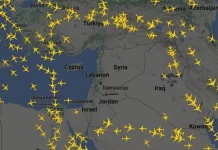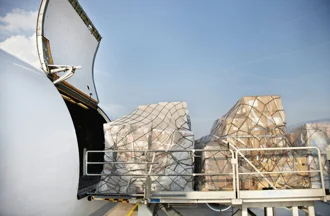Brazil has become the first country in the Americas to fully adopt the electronic air waybill (eAWB), marking a major step forward in the modernization of its air cargo sector. The International Air Transport Association (IATA) has hailed the move as a milestone that will enhance operational efficiency, reduce costs, and support sustainability.
Brendan Sullivan, IATA’s Global Head of Cargo, said the adoption of eAWB positions Brazil as a competitive player in the global air cargo market and sets an example for others in the region. Sérgio Garcia da Silva Alencar, a tax auditor with the Brazilian Federal Revenue Service, noted that removing the requirement for physical paperwork brings increased efficiency and a more sustainable future for air cargo operations.
Between December 2024 and January 2025, a successful trial involving 126 shipments across eight Brazilian airports proved that air cargo logistics could be handled entirely with digital documentation. None of the shipments required a physical air waybill, confirming the viability of a fully digitized supply chain.
This transition is expected to improve cargo processing times, reduce administrative burdens, and increase accuracy and transparency. With over 1.4 million tons of cargo handled in 2023, Brazil ranks as the 17th largest air cargo market globally. Aviation contributes 2.1% to the country’s GDP and supports 1.9 million jobs, and the adoption of eAWB is seen as a reaffirmation of Brazil’s commitment to a more efficient and modern air transport industry.













